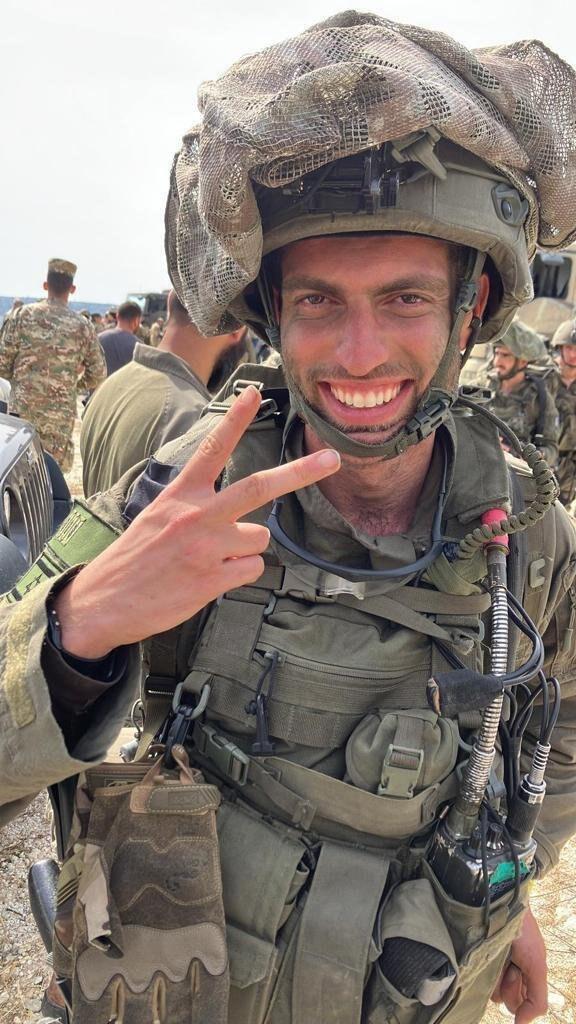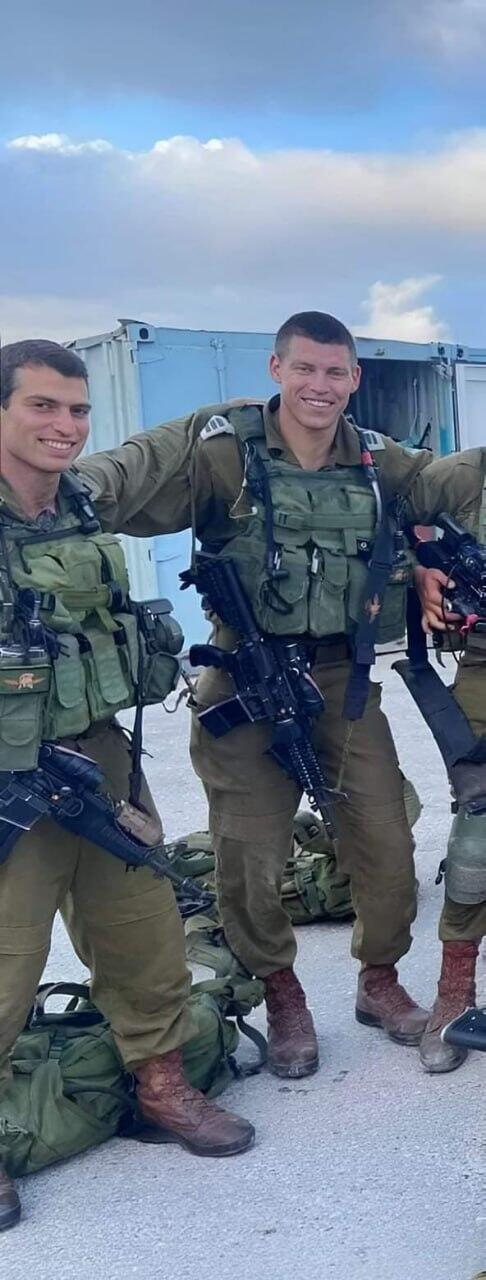Getting your Trinity Audio player ready...
Pioneering Research on the "Emotional Toll of Sibling Loss During October 7 Events: A groundbreaking study" from the Hebrew University explores the psychological aftermath faced by 444 adults grieving siblings killed during the events of October 7 and subsequent war.
Led by Captain (Res.) Masada Buchris, under Professor Anat Zeira’s mentorship, the research honors Buchris' brother, Major Chen Buchris, the deputy commander of the Maglan unit, who was killed in battle at Kibbutz Nahal Oz, and his close friend, Major Ariel Ben Moshe, a company commander in Sayeret Matkal (IDF's Delta Force equivalent), who also fell on October 7 at Kibbutz Re'im.
"Hani led the first force into Kibbutz Nahal Oz on that dark Saturday, sacrificing himself for his mission –saving lives and leading troops on the ground," Buchris reflected. "Losing my brother is a heavy cloud that shadows me constantly. Every word in my academic work echoes his presence. My pain intertwines with his bravery, pushing me to overcome darkness and conquer sorrow."
Approximately 10% of study participants lost more than one sibling during the October 7 events and the Gaza war. About 30% reported the death of another close person, such as a parent, spouse or friend, during these events.
Although no significant differences related to birth order were found, deeper analysis revealed complex dynamics between birth order and coping strategies. Siblings who suffered the death of an eldest sibling experienced more psychological distress and sought less support, likely because the eldest often serves as a key support figure. Conversely, those who lost younger siblings tended to seek more help.
Exposure to distressing videos intensified the psychological burden
Interestingly, no differences emerged between siblings who lost members in security forces versus those who did not, challenging the societal belief that losing a sibling in heroic acts eases grief. However, those whose siblings served in security forces reported higher levels of negative self-thoughts, possibly due to guilt and helplessness. Many felt abandoned by security forces, believing their siblings were "left to die." Uncertainty about their siblings' fate and exposure to distressing Hamas videos exacerbated their distress.
Moreover, women reported higher levels of emotional distress (anxiety, depression, somatization) compared to men, and were more likely to seek help, social support and connection with the deceased.
Siblings living in attacked areas reported higher emotional distress, negative thoughts and help-seeking behaviors compared to those in safer regions.
"There aren't many studies, either in Israel or globally, examining the impact of sibling loss on adults, perhaps because it's often seen as less significant and classified as 'unrecognized grief,'" Buchris said. "The findings highlight the need to raise awareness of bereaved siblings' unique needs and develop tailored responses during prolonged national crises."
Get the Ynetnews app on your smartphone:
Google Play: https://bit.ly/4eJ37pE
Apple App Store: https://bit.ly/3ZL7iNv




